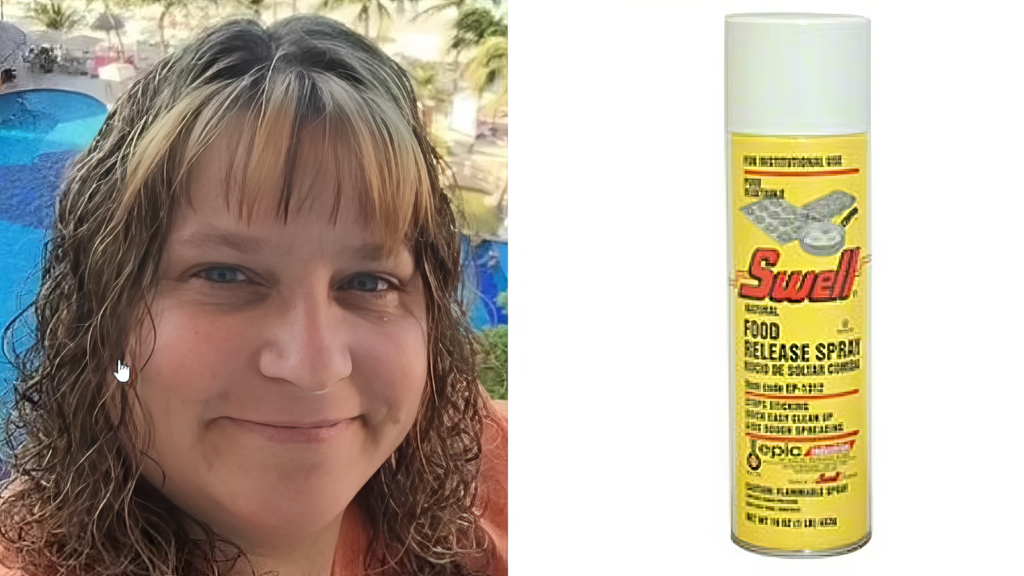A woman was awarded $7.1 million from Conagra Brands earlier this week after a can of Swell cooking spray exploded and left her with second-degree burns after it engulfed into a fireball.
RELATED STORIES: Family Of Man Who Allegedly Inherited $30 Million Says His “Inheritance” Was A Scam
On May 9, 2017, Tammy Reese was working in the kitchen at Hub City Club in Shippensburg when the can of cooking spray started spraying its contents randomly. Moments later, it fell off the shelf and ignited Reese and the kitchen on fire, as reported by 6ABC. She suffered from second-degree burns, which have limited her movement due to the amount of scar tissue on her body, and it affects her to this day.
Her 2019 lawsuit stated that Reese sustained burns on her head, face, arms, and hands when the can exploded, and the cooking spray also contained propane and butane. It also said that her employer couldn’t have known the dangers of the cooking spray at the time of the incident.
RELATED STORIES: Shanquella Robinson’s Family To File Civil Lawsuit Against Her Six Former Friends
Reese is among a few people who have been allegedly injured by exploding cooking spray cans made by Conagra Brands. The Chicago-based company is known for owning popular brands such as PAM cooking spray, Bertolli pasta, Duncan Hines baking products, pickle brand Vlasic, and several others. However, the company didn’t agree with the Cook County verdict on Monday after the jury ruled that they have to pay Reese $3.1 million in compensatory damages and $4 million in punitive damages.
“We continue to stand by our cooking spray products, which are safe and effective when used correctly, as instructed. We are evaluating our legal options, including appeal,” their statement reads. Reese’s lawyer, Craig Smith, says the company has 50 pending cases from other burn victims across the country, and the company allegedly refuses to issue a product recall for the defective cans.
The defected cans were reportedly produced between 2011 and 2019 and were manufactured through a venting system with a lower threshold for heat than other versions. When the can is too hot, the vents release the bottom open to release pressure and can discharge flammable contents into the air. Smith said the cooking can that exploded near Reese was stored on a shelf about 18 inches from the stove.
“In a commercial kitchen, that’s a sort of normal place where people leave their cooking spray cans when they’re actually using them. And the same thing has happened all across the country, not necessarily on shelves above stoves, but on shelves near stoves, on countertops,”
Conagra stated that all of its products have warning labels on the front and back that warn consumers about its flammable ingredients, and it shouldn’t be left near a stove or heat source.







